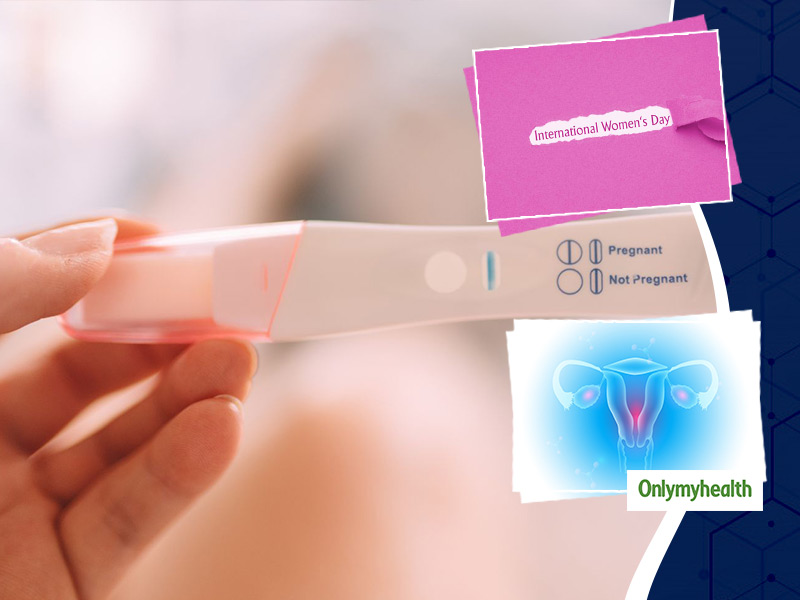
PCOS, PCOD or Polycystic ovarian syndrome. It is an endocrine disorder where the hormones affect the reproductive system, leading to absent or irregular ovulation. According to the National Health Portal India (NHP), its prevalence is highly variable ranging from 2.2% to 26% globally with 9.13% and 22.5% reported in South India and Maharashtra respectively.
Table of Content:-
Understanding PCOS
Polycystic ovaries are slightly larger ovaries which have multiple fluid-filled follicles(cysts). Women with this condition produce slightly higher amounts of male hormones known as androgens, which contribute to some of the symptoms of the condition such as irregular menstrual cycles, excessive body or facial hair, acne, being overweight.
Potential Pregnancy Complications of PCOS

Also Read: Are Cramps After Periods Normal?
Having PCOS can increase the risk of certain pregnancy-related complications such as:
Miscarriage

One tends to have longer menstrual cycles and thus ovulation occurs later. This exposes the developing egg to plenty of hormones, with a risk of damaging it. Alternatively, there is a known relationship between uncontrolled blood sugar and miscarriage, wherein women due to insulin resistance and elevated insulin levels can contribute to poor egg quality and miscarriage.
Also Read: Surprising Health Benefits of Menopause for Women
What precautions can be taken?

However, one should rest assured that consulting your obstetrician and gynaecologist regularly and following their recommendations for prenatal screening and counselling can help prevent many of these complications. Pursue the following tips for precaution:
- Try to consult before conceiving so one can discuss specific lifestyle strategies to lower the risk
- Regular prenatal care
- Keep a check on one’s blood sugar level
- Lower the intake of processed food, refined sugars and fried food

- Include mostly high fibre fruits and vegetables (apples, plums, broccoli, cauliflower), lean proteins, and whole grains in the diet
- Regular exercise
- Decrease alcohol intake and sodium intake in food
- Include Omega 3 fatty acids through fatty fish, nuts, avocados, and olive oil which have a blood pressure-lowering effect
It is imperative to have an early diagnosis of PCOS as it is linked to an increased long-term risk for developing several medical conditions including insulin resistance, type 2 diabetes, high cholesterol, high blood pressure and heart disease.
(Authored by Dr Deepika Aggarwal, Obstetrician and Gynaecologist, CK Birla Hospital, Gurgaon)
Read More in Women's Health
How we keep this article up to date:
We work with experts and keep a close eye on the latest in health and wellness. Whenever there is a new research or helpful information, we update our articles with accurate and useful advice.
Current Version